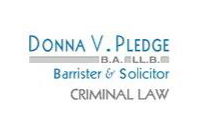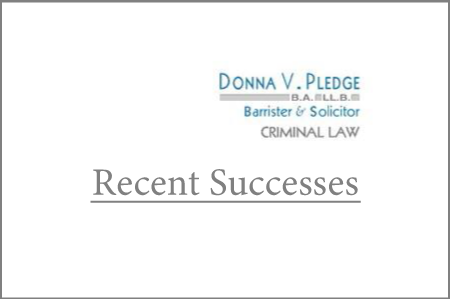What will be legal?
In 2018 Canadian adults will legally be able to possess, grow and purchase limited amounts of marijuana. Specifically, Canadian adults will be legally able to possess 30 grams or less of dried marijuana, or it’s equivalent. What that means is that an adult will be able to have that amount on their person but will not be able to use it in any public place, motor vehicle or work place. However you will be able to use, smoke or alter the marijuana at home. One will also be able to transfer the marijuana to another adult, but it will be a serious criminal offence to transfer it to a young person. An adult will be able to grow a maximum of 4 marijuana plants at any given time, but must keep the height of the plants to 1 meter or less. The marijuana plants can be legally grown either inside or outside your personal residence.
Where will you be able to purchase the marijuana?
In Ontario the LCBO will be overseeing the retailing aspect. However, the stores, for the sales of cannabis products, will be stand alone stores. An adult will be able to purchase fresh or dried cannabis, cannabis oil and plants and seeds for cultivation. You will also be able to purchase cannabis, fresh, dried or oil, and plants and seeds online from a federally licensed producer.
Will there be any marijuana related offences left after the legalization?
It will be a crime to possess, grow and sell illegal marijuana, that is to say marijuana that is not produced by a federally licensed producer. Further it will still be illegal to import or export marijuana. As well there will be new marijuana related offences targeting those persons who distribute or sell marijuana to young persons. If you are charged with any offence you should seek experienced criminal defence counsel, Donna Pledge, Barrister & Solicitor, email: donnav.pledge@bellnet.ca, tel: 416-630-8702.
Proposed new legislation for impaired by drugs?
The Canadian government is also proposing new legislation(Bill C-226) making the testing and prosecution of impaired driving by drugs easier. Perhaps these government proposals are as a result of the impending legalization of marijuana. The government may have concerns that once marijuana is legal, that that will result in increased incidents of impaired driving by drugs. This proposed legislation involves providing an oral body fluid sample at the side of the road, if a police officer suspects a driver has a drug in their body. This would be similar to the roadside screening device presently used at the roadside to detect alcohol. If the roadside device confirms that a driver has a drug in their system, the police officer will then have a choice of either pursuing a drug recognition evaluation or a blood sample.
These options would save valuable time when testing for drugs, such as THC, which leaves the body very quickly. Just as with alcohol there would be proposed legal limits of THC. Given the impending legalization of marijuana, one has to be very careful making the decision as to whether or not drive after using marijuana. In fact it would be prudent to follow the same motto related to drinking and driving of “DON’T DRINK AND DRIVE”, and “DON’T DO DRUGS AND DRIVE”.
However if you ever find yourself charged with either drinking and driving or impaired by drugs you should hire an experienced criminal defence lawyer, Donna Pledge, Barrister & Solicitor, email: donnav.pledge@bellnet.ca, tel: 416-630-8702.




